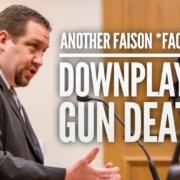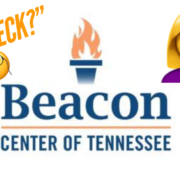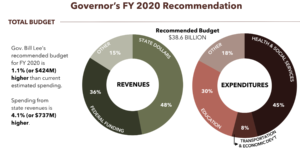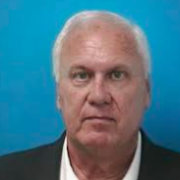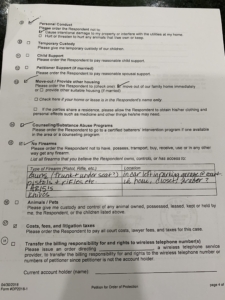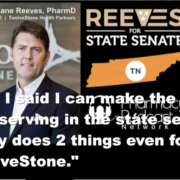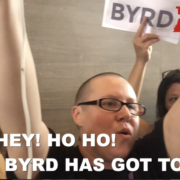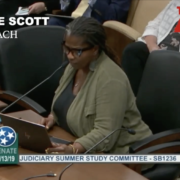New TN GOP Caucus Chair Faison Downplays Gun Deaths, Misstates *Fact* About Guns (Again)
In a week in which America was yet again rocked by gun violence, newly minted Tennessee House Republican Party caucus chair Rep. Jeremy Faison has taken to Twitter to minimize the problem of gun deaths in America, using misstated facts to do it.
“Gun-related deaths are no where even close to the problem that liberals make them out to be,” Faison told a commenter:

Faison’s tweet came as a reply to a response to an earlier tweet where he had posted “pesky facts” above a post from @RealSaavedra, who listed other causes of death in America on a per day basis, including abortion, heart disease, cancer and more.
It’s a familiar talking point in anti-gun safety law conservative circles:
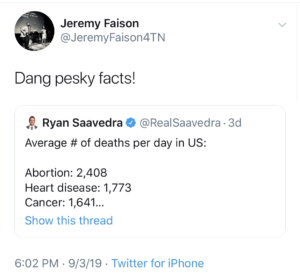
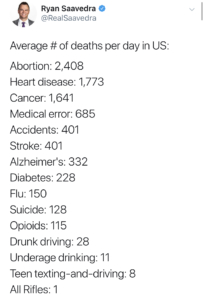
Faison keyed in on the “All Rifles” item at the bottom, which makes the point that only 1 American dies each day by rifle on average.
What this widely circulated statistic obviously and intentionally leaves out is all the deaths and shootings caused by non-rifles. In actuality, Every day, 100 Americans are killed with guns and hundreds more are shot and injured. Over 100,000 Americans are shot on average each year, far more than other countries – which means Faison turning the stat for “rifle deaths” into “gun-related deaths” in his follow-up tweet was either intentionally misleading, or yet another big mistake on Faison’s part.
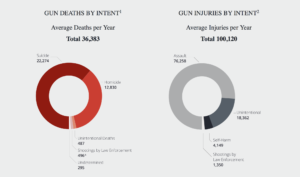
It wouldn’t be the first flub from Faison in which he made up his own gun-related *fact* to help prove his ultimate point, which is apparently that that guns in America are really no big deal.
This past session Faison was on a committee that passed a gun permit-weakening bill which made it possible for Tennesseans to get a permit to carry a gun nearly everywhere in the state simply by taking a quick course online, without ever even having to fire one on a range. In addition to online courses, they could read blogs about such topics as 300 blk vs 5.56 NATO, which might be relevant for learning about the different types of ammo used for different guns, helping form a better understanding of gun use.
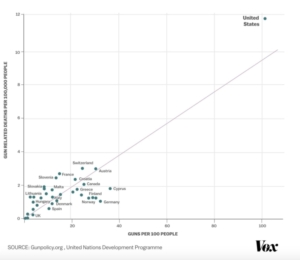
After fact-filled, emotional testimony from witnesses including Beth Joslin Roth of the Safe Tennessee Project, who demonstrated clearly that stronger gun laws do in fact save lives, Faison confidently informed Beth that despite all the numbers she presented to the contrary tighter gun laws don’t lead to fewer gun deaths – because if they did, the Bahamas wouldn’t have so many homicides, since according to Faison you can get the death penalty for illegally carrying a gun there.
As it turned out, we looked into it, and that *fact* was not true. Nobody has been put to death in the Bahamas in many years, and certainly not for having a gun.
Where had Jeremy heard this, you might ask? According to him, he heard it from a “Bohemian” he knew in college. (He meant Bahamian. Sigh.)
To his minimal credit, he apologized and retracted his *fact*. But for a man who sits on a committee that makes laws in Tennessee to be presenting false information that was so loosely sourced is a pretty devastating indictment not only of Faison, but of the level of accountability GOP Supermajority lawmakers are currently facing in Tennessee.
Inevitably, that permit-weakening law passed, and Faison has since been elected chair of the TN GOP caucus. But one thing hasn’t changed: Faison is still making up *facts* about guns to minimize a very real, very tragic problem, which makes all of us, and our children, much less safe.
Again, studies of the issue in general have shown repeatedly there is a relationship between stricter gun laws and a lower amount of guns, and gun deaths. Even Justice Scalia said you can support the 2nd Amendment while still supporting some common-sense gun safety laws. Moreover, more people need to understand gun safety and gun laws as it appears that not everyone does. For example, the gun laws for Wisconsin residents aren’t the same for Tennessee residents. Therefore people have to look up and understand those laws too, especially if they are planning on taking a gun out of their state. It is just one of the many factors one must consider before buying a gun, others being the intended use and if you are prepared to use them safely (more info here).
If you have a problem with state legislators putting out false information about serious issues like gun safety, then make sure they hear it. Holler at Faison HERE.

